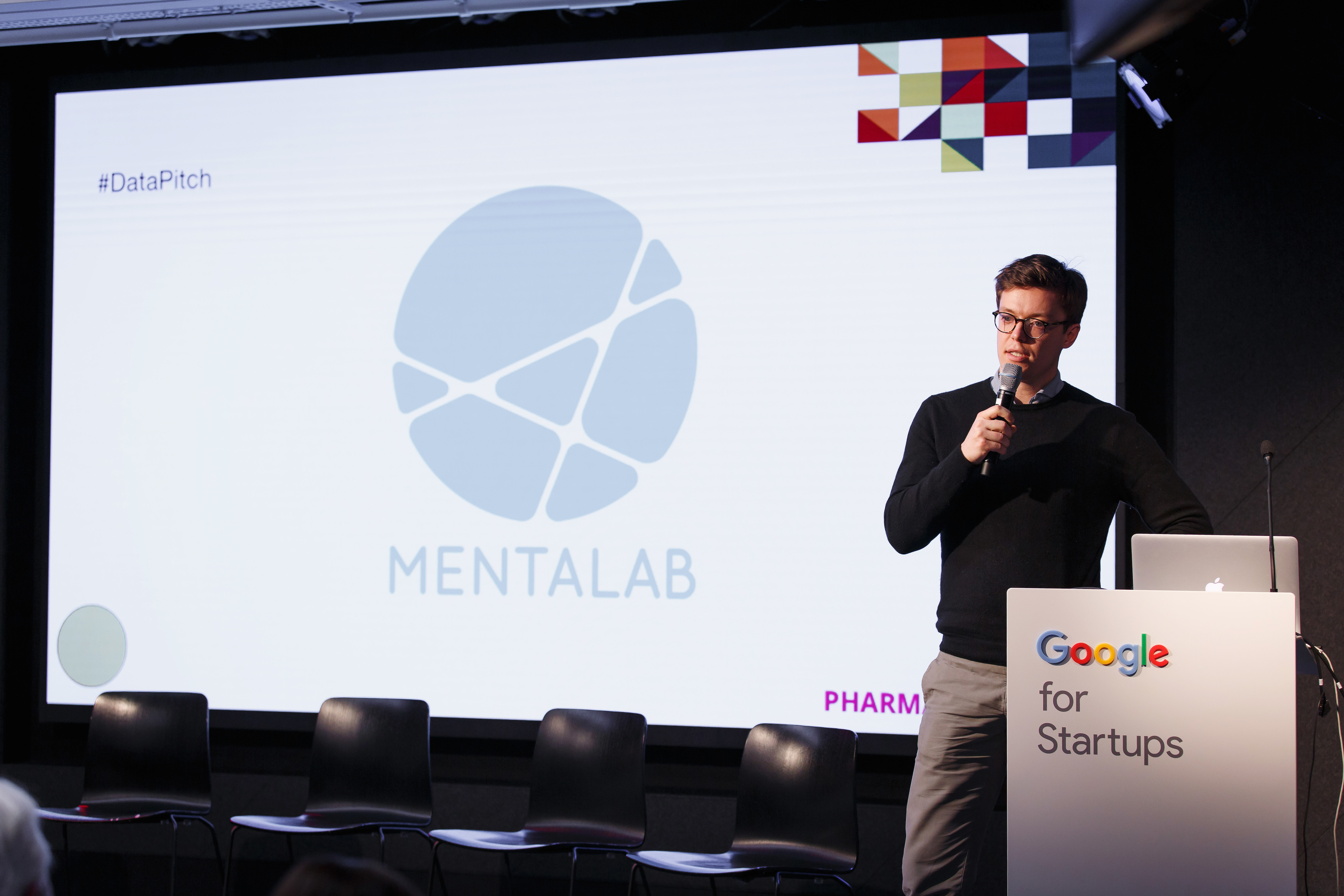Mentalab tell us about their aspirations for Data Pitch and beyond.
Medical wearables for real-time data collection have the potential to transform patient treatment, from remote monitoring to quicker diagnosis and treatment. However, they present a number of challenges for physicians, not least how to process and understand the large amounts of generated data.
MentaLab, a healthtech startup based in Germany, are developing a wearable biosensor and data analysis platform to accurately diagnose underserved chronic medical conditions such as sleep apnea, respiratory conditions, and cardiac arrhythmias. We spoke to Mentalab founder Dr Sebastian Herberger about their plans for Data Pitch.
What do you hope to achieve on the Data Pitch accelerator?
Data Pitch will play a crucial part in our development journey; we came here to learn, to grow and to evolve our company. Data Pitch will enable us to build new products with data, as well as to validate our models. We want to get to product market fit for our wearable biosensor patch solution within six months.
What shared data will you work with and how will you use it?
We are working on the Pharmaceutical’s challenge (developing innovative approaches and processes across the pharmaceutical industry). We’re working with a large number of clinical biosignal recordings provided by Charité University Hospital Berlin and the ProSomno Sleep Clinic in Munich.
We will firstly identify disease-defining patterns from the rich, high-resolution clinical data, and then look for these patterns in the lower-resolution data coming from our wearable sensor. In doing so, we will leverage cutting-edge algorithms to find previously unknown patterns in wearable device data.
Why do you think it is important for startups to work with large scale data providers?
Access to data allows startups to bring about new insights, and through innovative approaches to data analysis these insights can be the basis of growth for both the startup and the large-scale data provider.
In our case, it’s important to have access to a database that represents a large part of the population so we can build models that can differentiate between a number of health characteristics, as well as different causes and effects of disease.
What’s the best thing about working with data?
There is a seemingly never ending amount of things to be discovered within the data, which makes it fun to work with.
If you could change one thing about the data ecosystem what would it be?
More public institutions should be encouraged to publish anonymised data about their operations. This would lead to more transparency and efficiency in the public sector.

